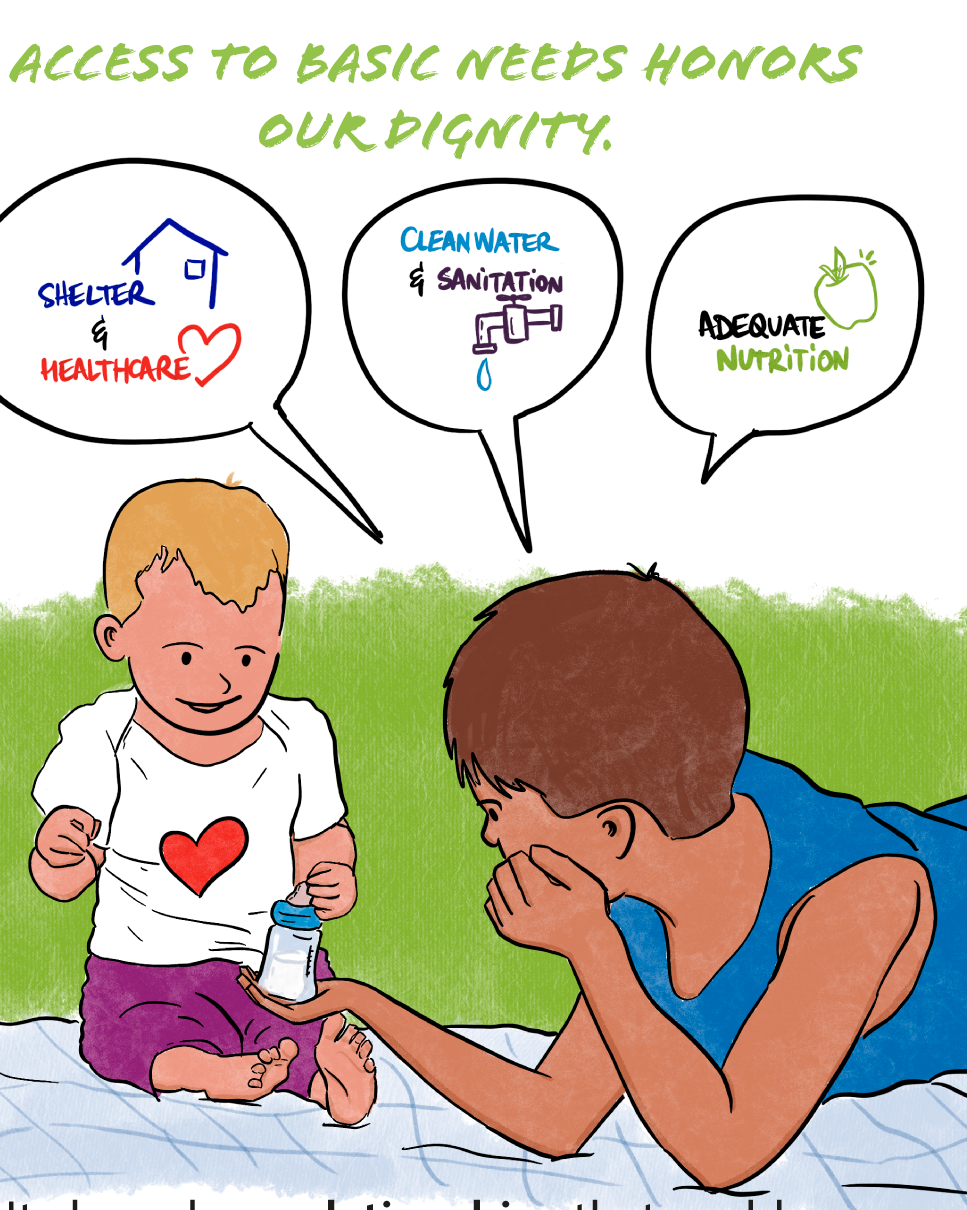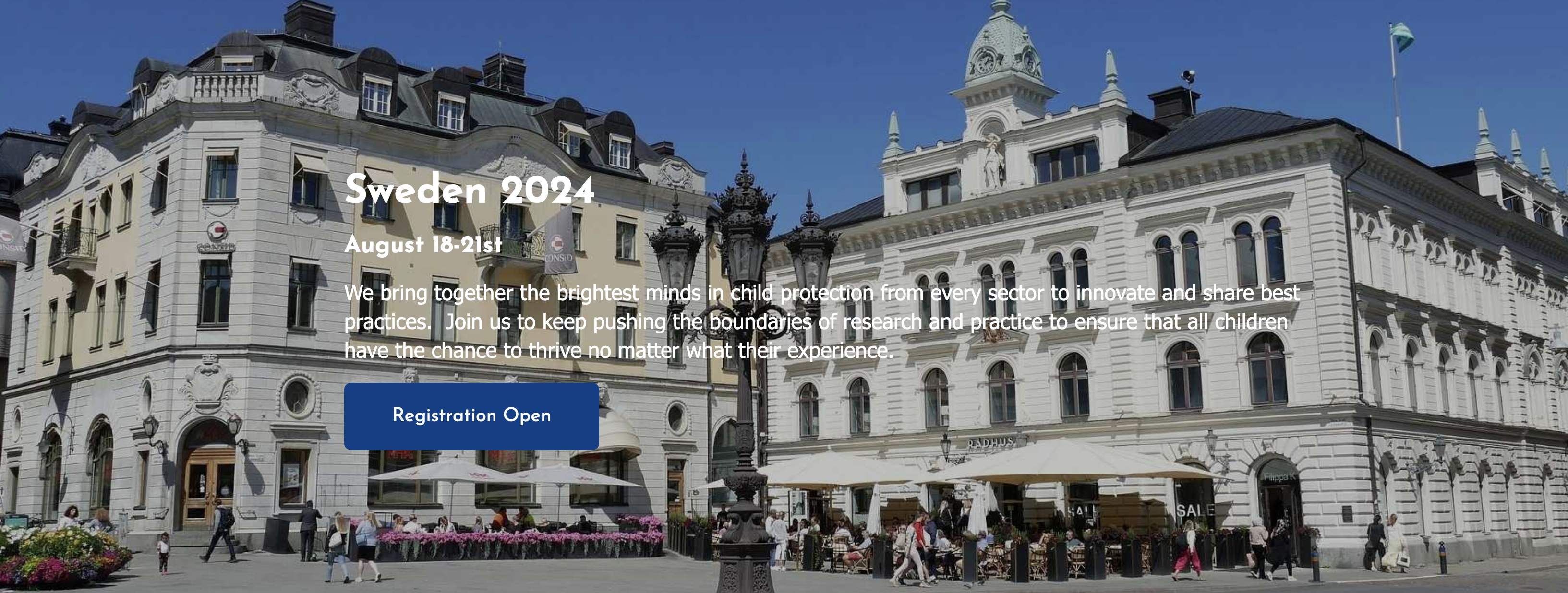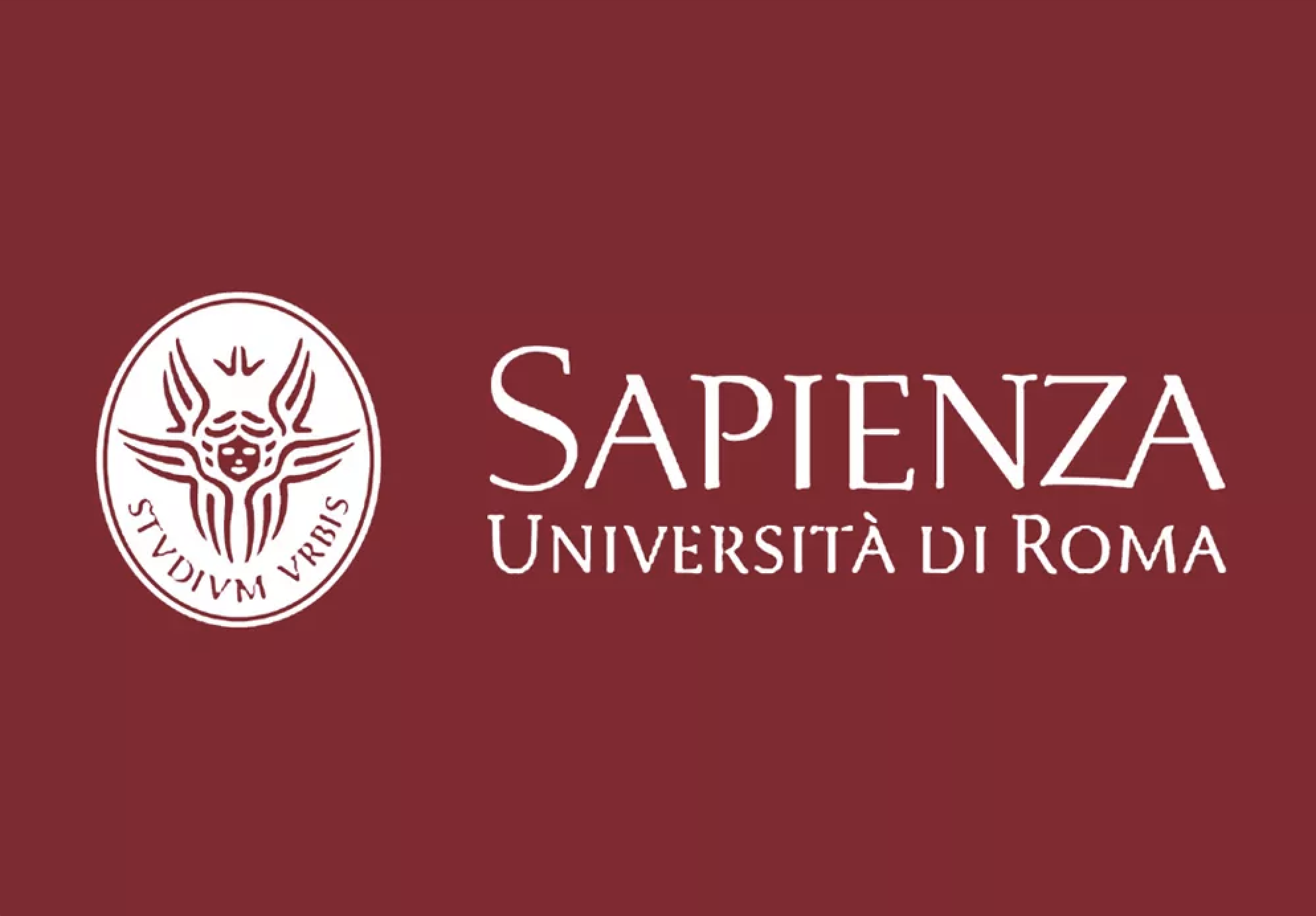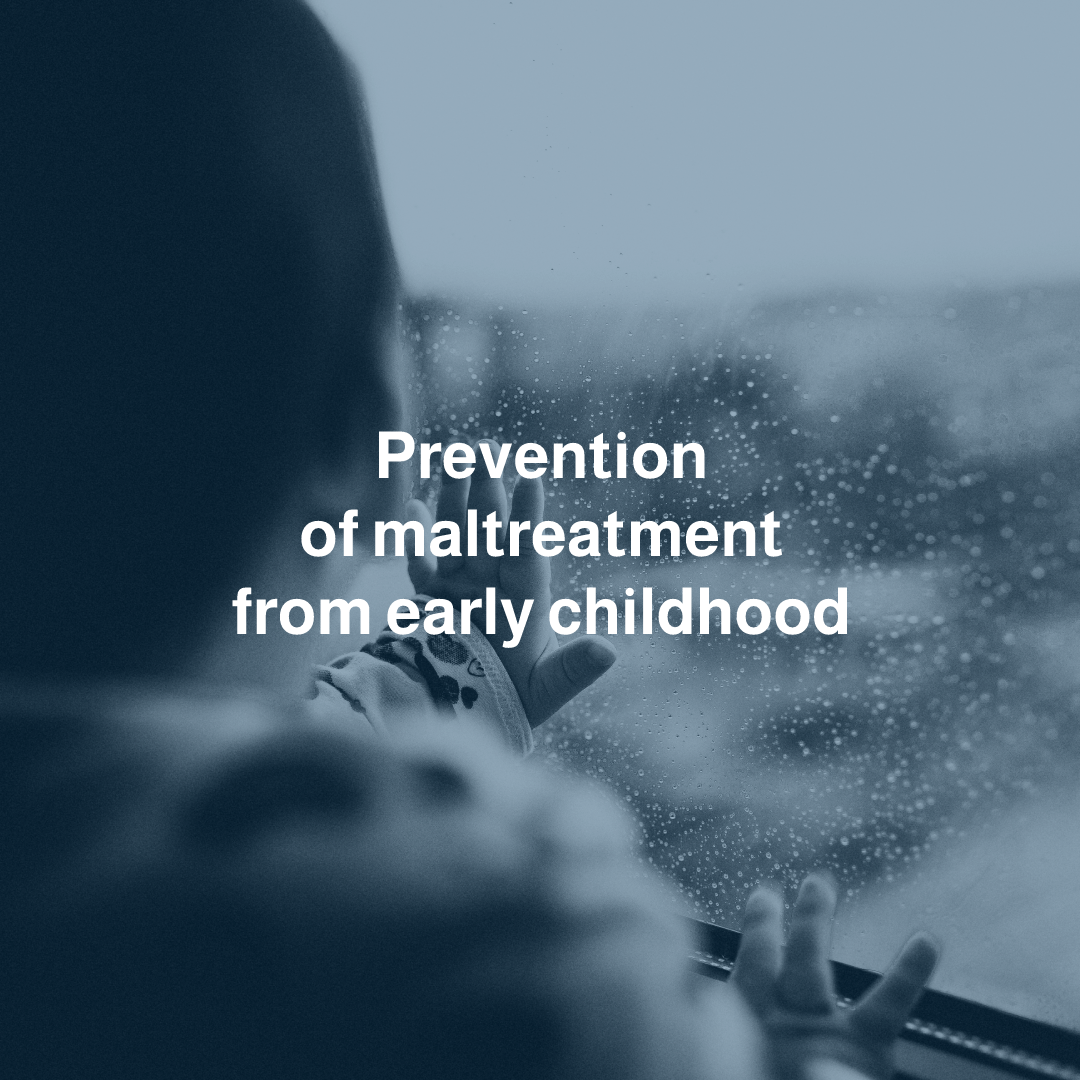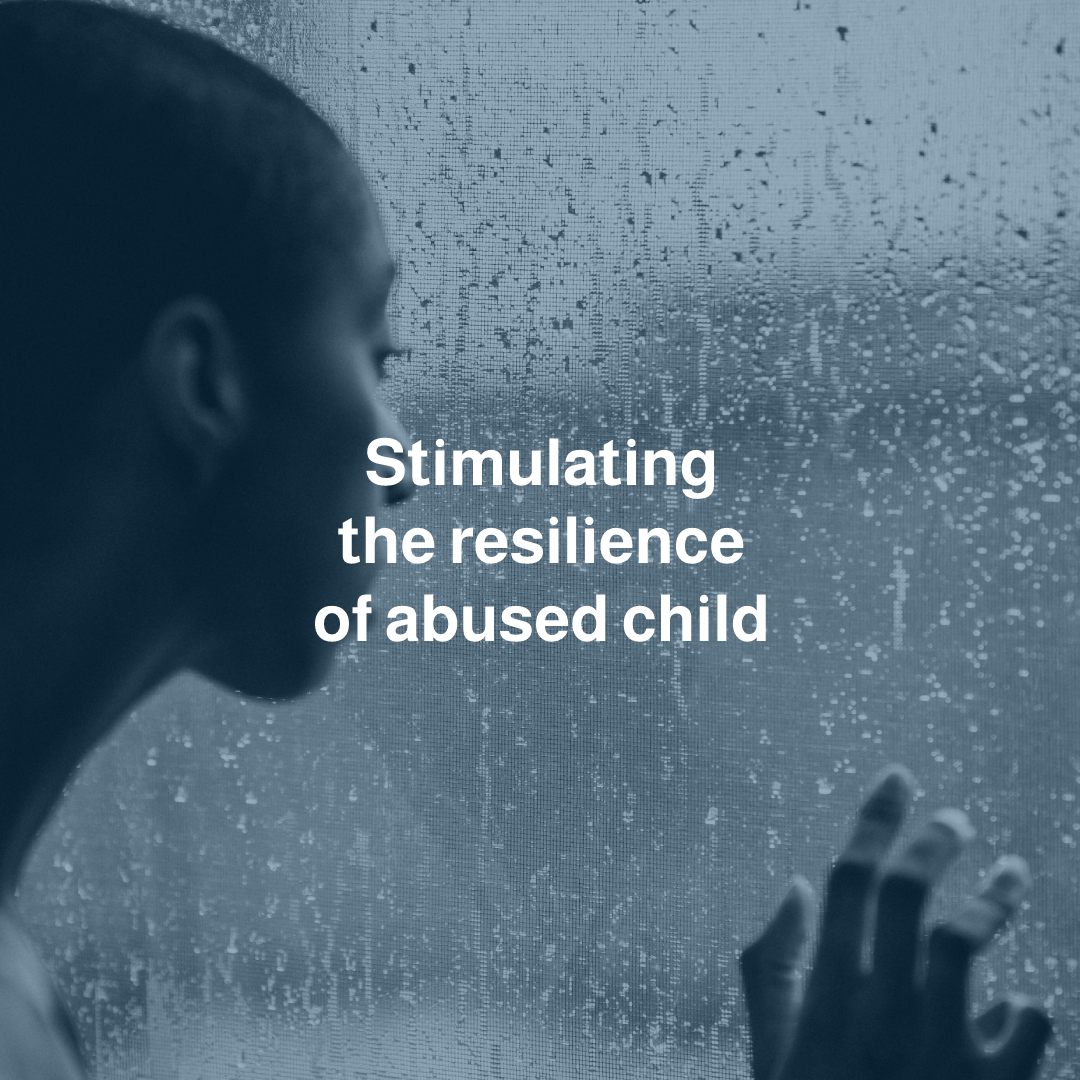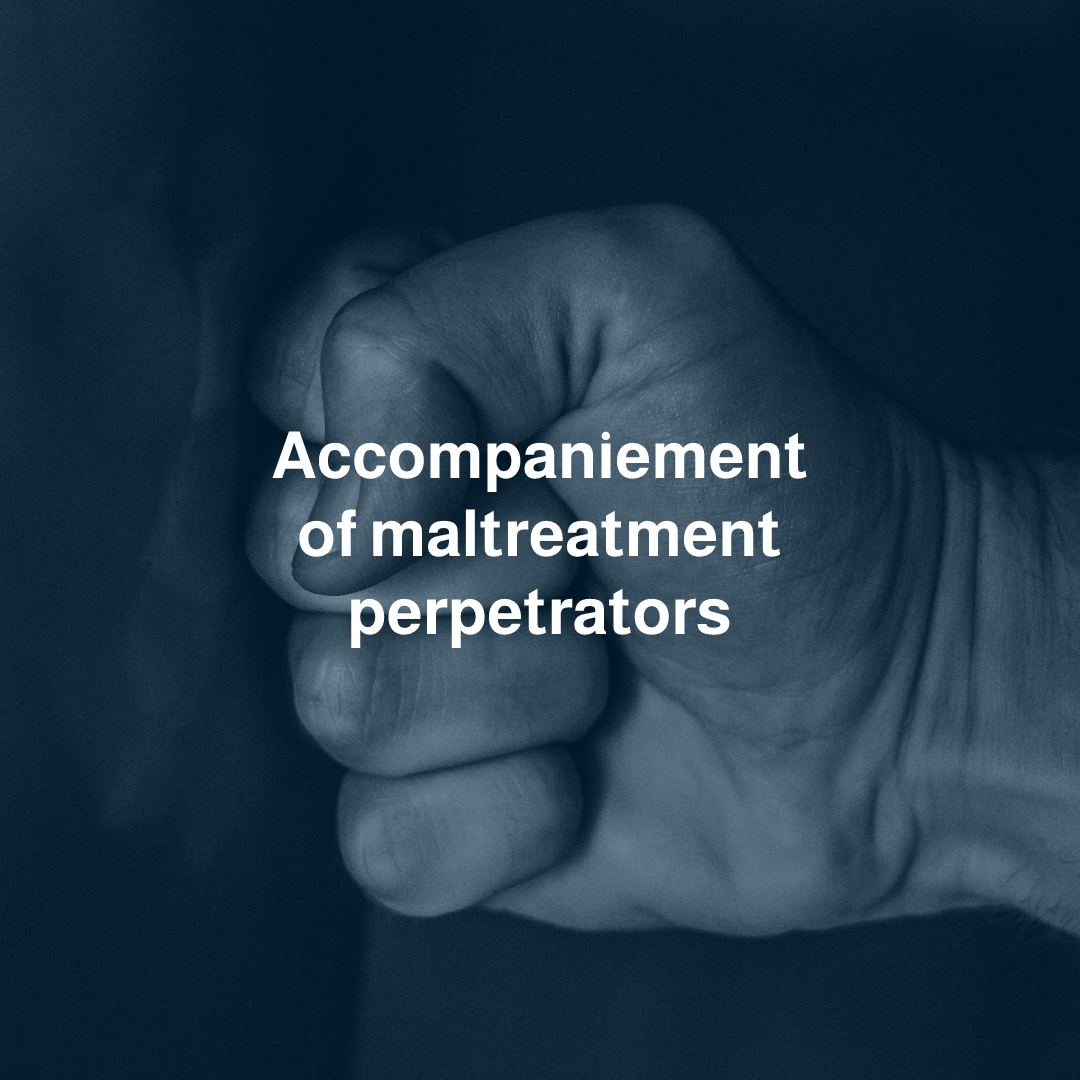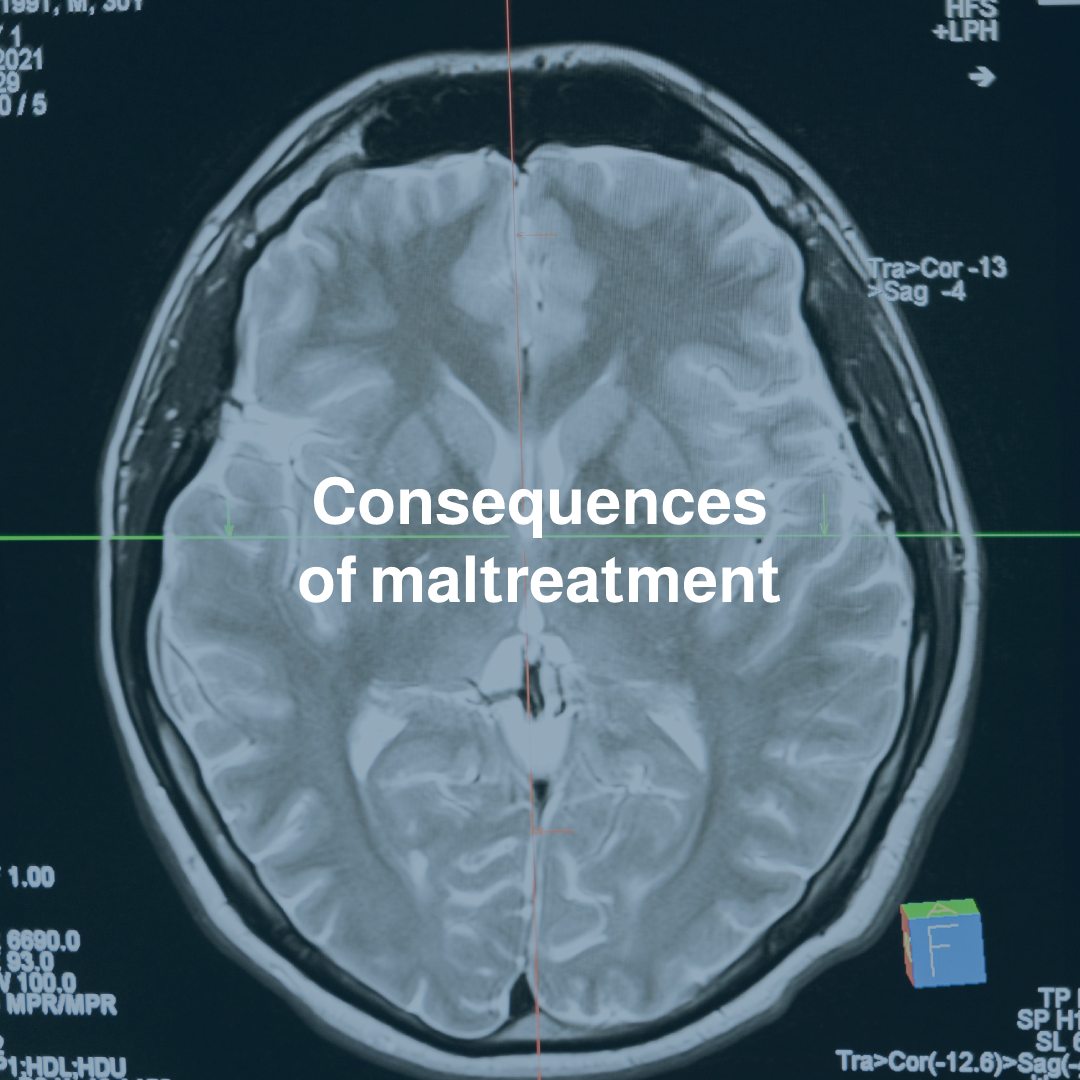Unesco chair on childhood maltreatment
The authors are responsible for the choice and presentation of the content of this site and for the opinions expressed therein, which are not necessarily those of UNESCO and do not commit the Organization.
Events : HERE ONLY INTERNATIONAL EVENTS ARE HIGHLIGHTED. LOCAL EVENTS ARE FOND ON THE FRENCH VERSION OF THIS PAGE
- January 26-February 2026: our second Winter school on child maltreatment will be held in Rome (Italy)

- November 2025: We establish a Partnership with Bliss Organization, Nairobi, Kenya

- January 2025-April 2025: Winter school on child maltreatment.
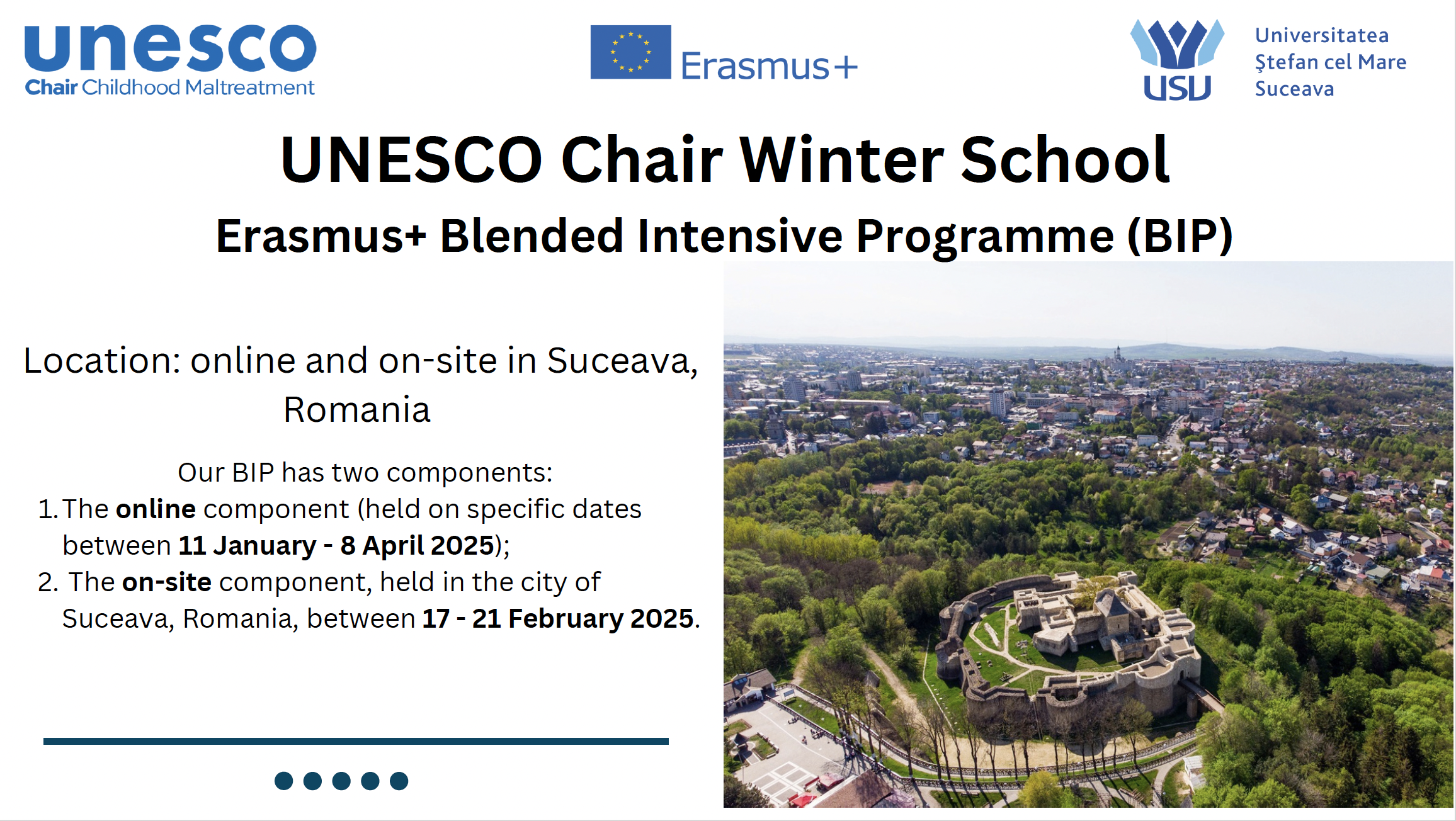 Within the frame of the Unesco Chair, we organize an Erasmus + Blended Intensive Program that will offer to undergaduate students from different european universities (Romania, France and Italy) and from different backgrounds (Law, Psychology, Educational sciences, Life Sciences and Psychology) a multidisciplinary teaching on child maltreatment. It consists of online teaching and an on-site-Winter school tacking place in Suceava, Romania
Within the frame of the Unesco Chair, we organize an Erasmus + Blended Intensive Program that will offer to undergaduate students from different european universities (Romania, France and Italy) and from different backgrounds (Law, Psychology, Educational sciences, Life Sciences and Psychology) a multidisciplinary teaching on child maltreatment. It consists of online teaching and an on-site-Winter school tacking place in Suceava, Romania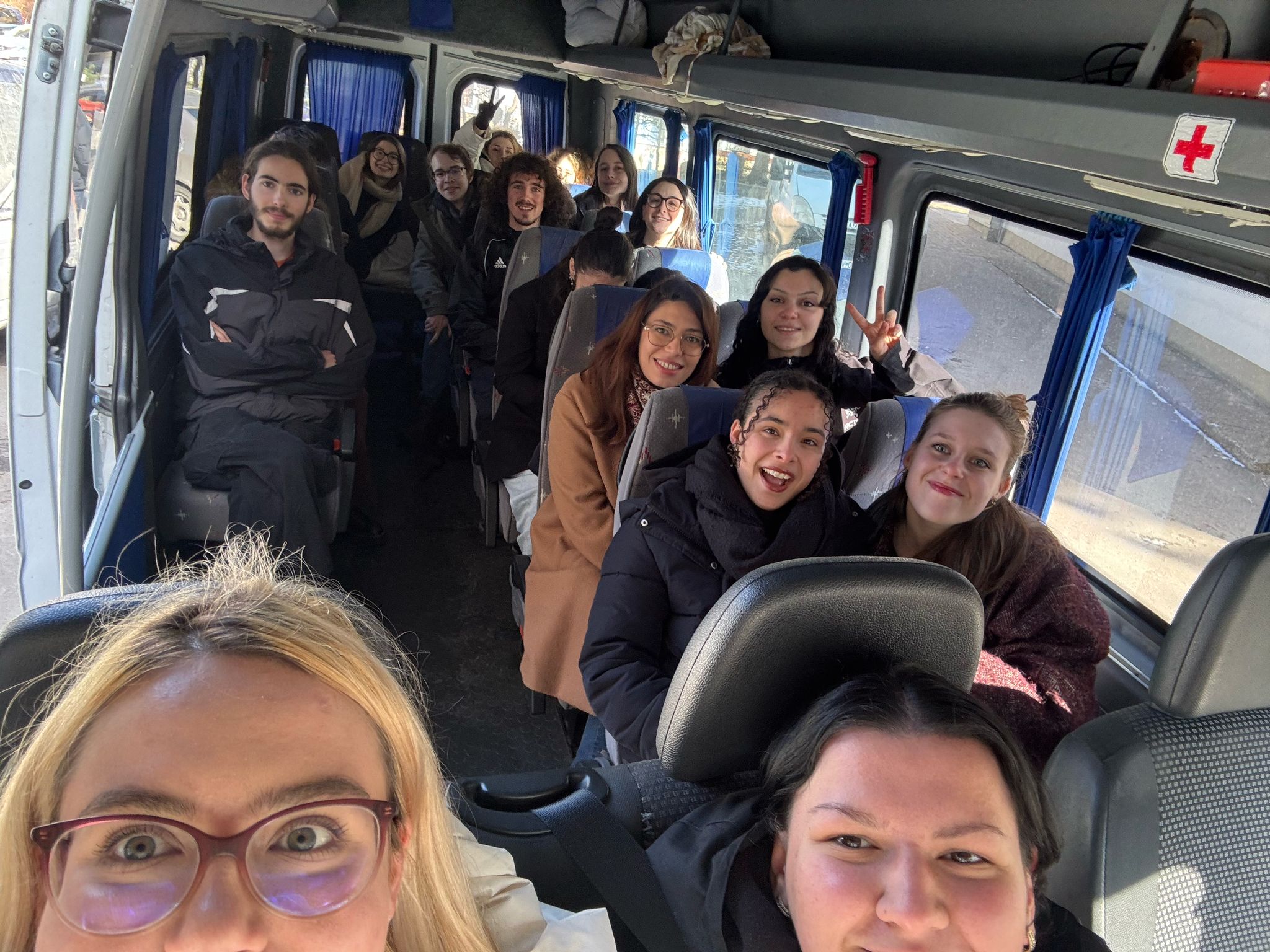
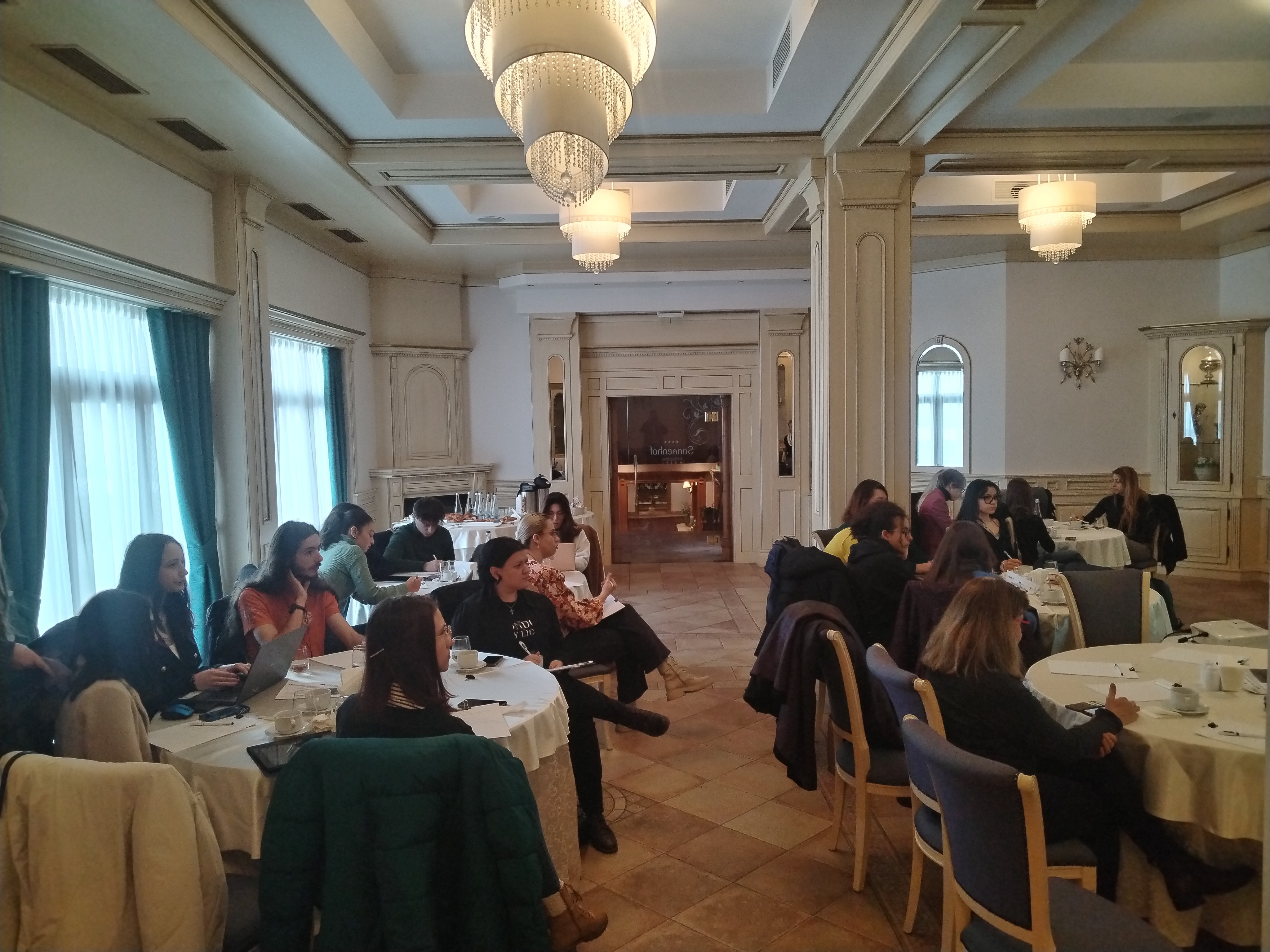
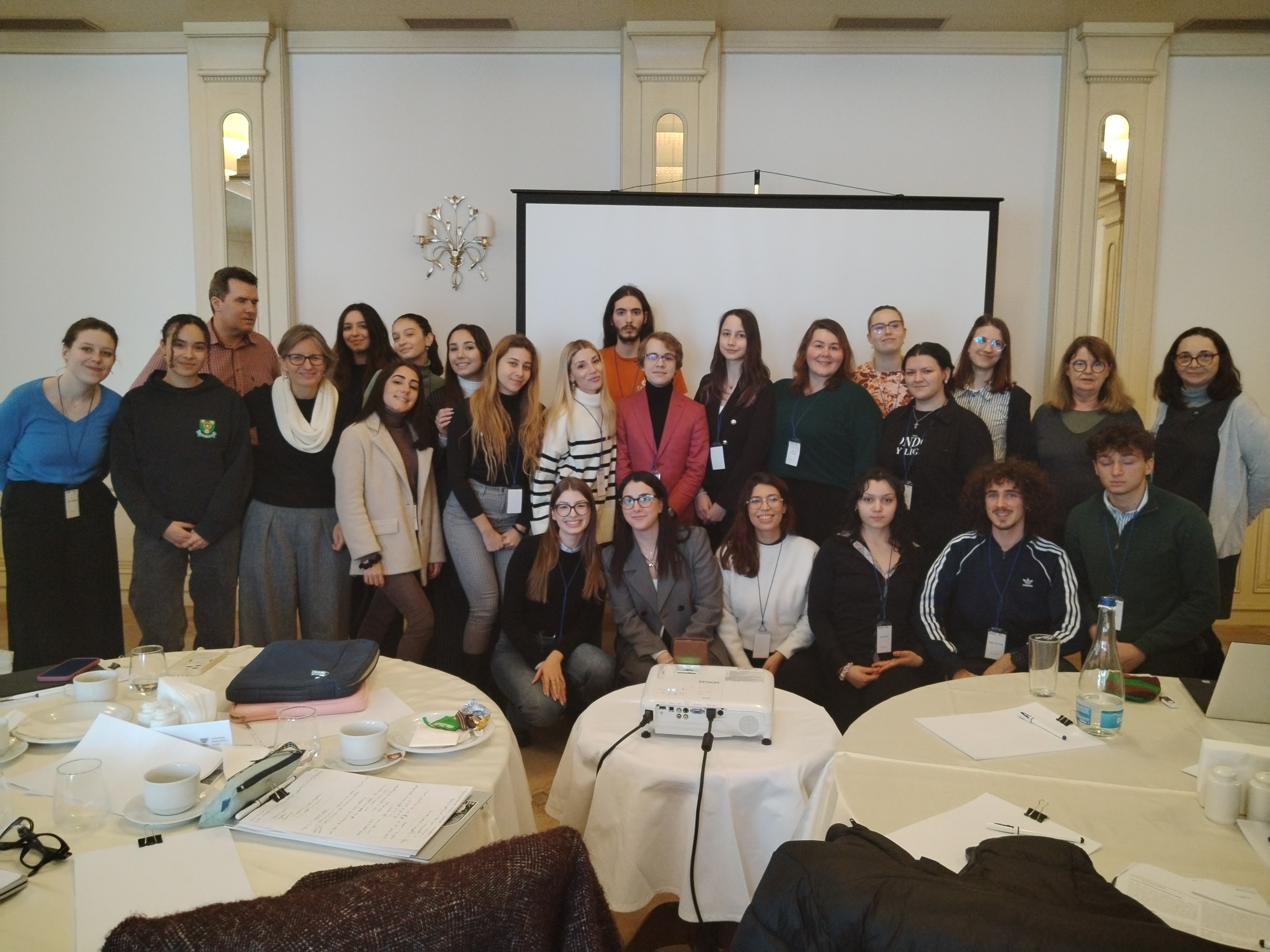
- January 2025: Launch of a Sexual offenders, edited by Giulio D'Urso, member of the chair Sexual Offenders and sexual offending
-
November 20 2024, World Children's day: with Unesco chair we release an instagram carousel on children's rights, made with and for adolescents Link to Instagram caroussel on children's rights
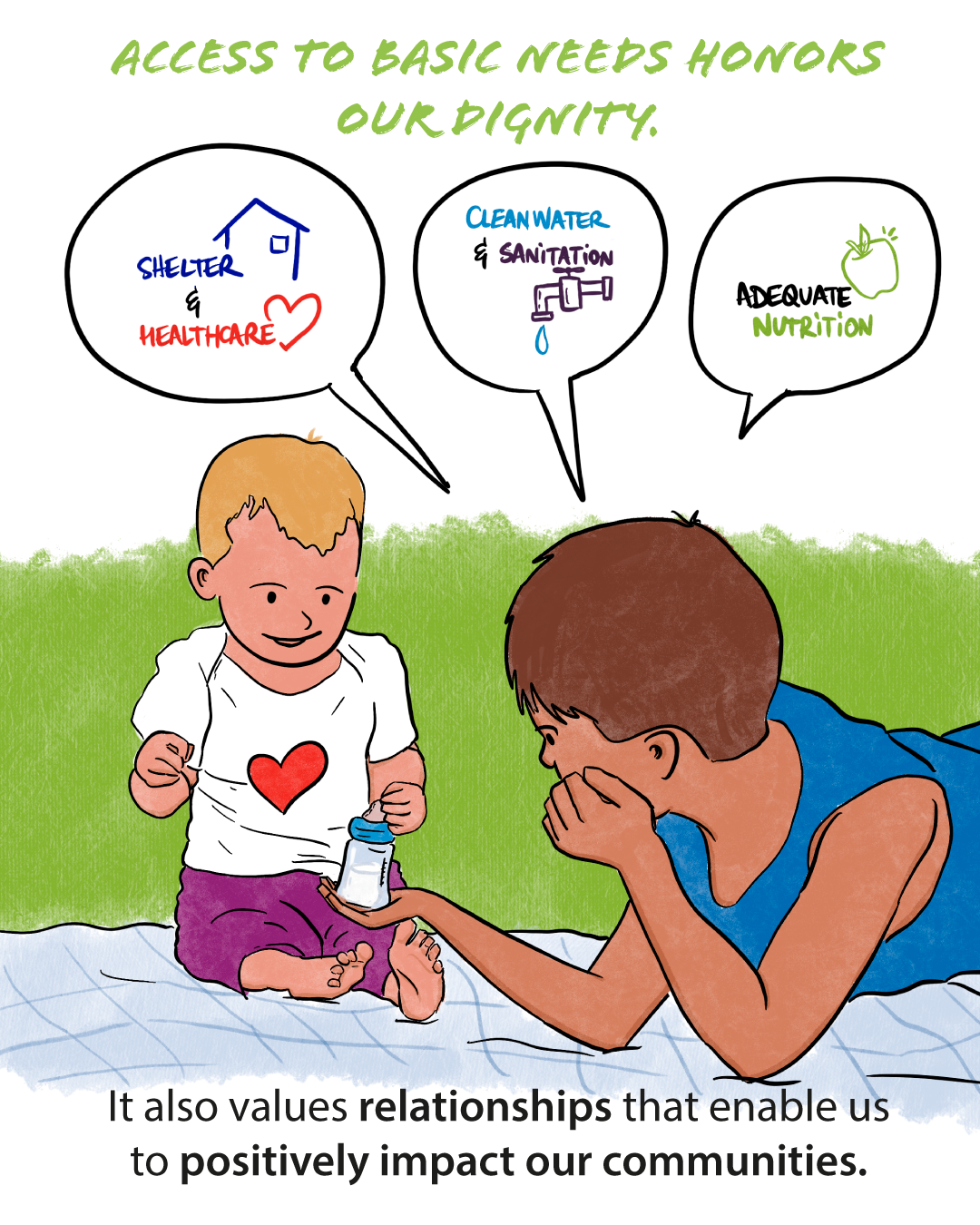
- September 3-5, in Tours (France): international conference on child maltreatment organized by Le Studium and by The Unesco Chair More information: https://www.lestudium-ias.com/events/early-life-adversity-and-neurodevelopmental-resilience-multi-disciplinary-perspectives
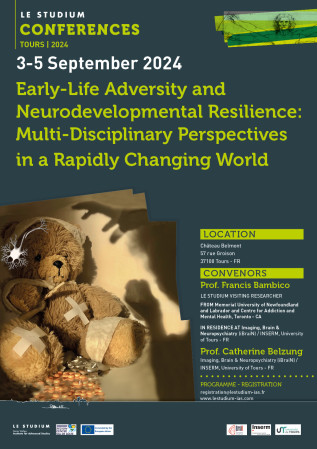
- August 18-21, 2024: International congress of our Partner ISPCAN, at Uppsala, Sweden. Topic: Working Together in Times of Crisis
-
- May 27-30, 2024: International Course on Child Abuse Paediatrics (CAP), Barcelon, Spain International course
- Monday, June 19, 2023, 9:00 - 17:00 CEST UNESCO Chair on Childhood Maltreatment : Launch Conference in Italy
-
-
Wednesday, June 28, 2023, 13:00 - 14:00 CEST What is the impact of the developmental trauma? Risks and resilience mechanisms - Biological/psychosocial perspective
A travers
Videos
Articles
-
Clinical care of childhood sexual abuse: a systematic review and critical appraisal of guidelines from European countries (free article from Gabriel Otterman et al., member of the Chair)
-
Benign enlargement of the subarachnoid spaces and subdural collections—when to evaluate for abuse (from Pediatric radiology, free article from members of our chair)
- Children of war: illegal displacement of Ukrainian children, Alina Goncharova
Research areas
About the chair
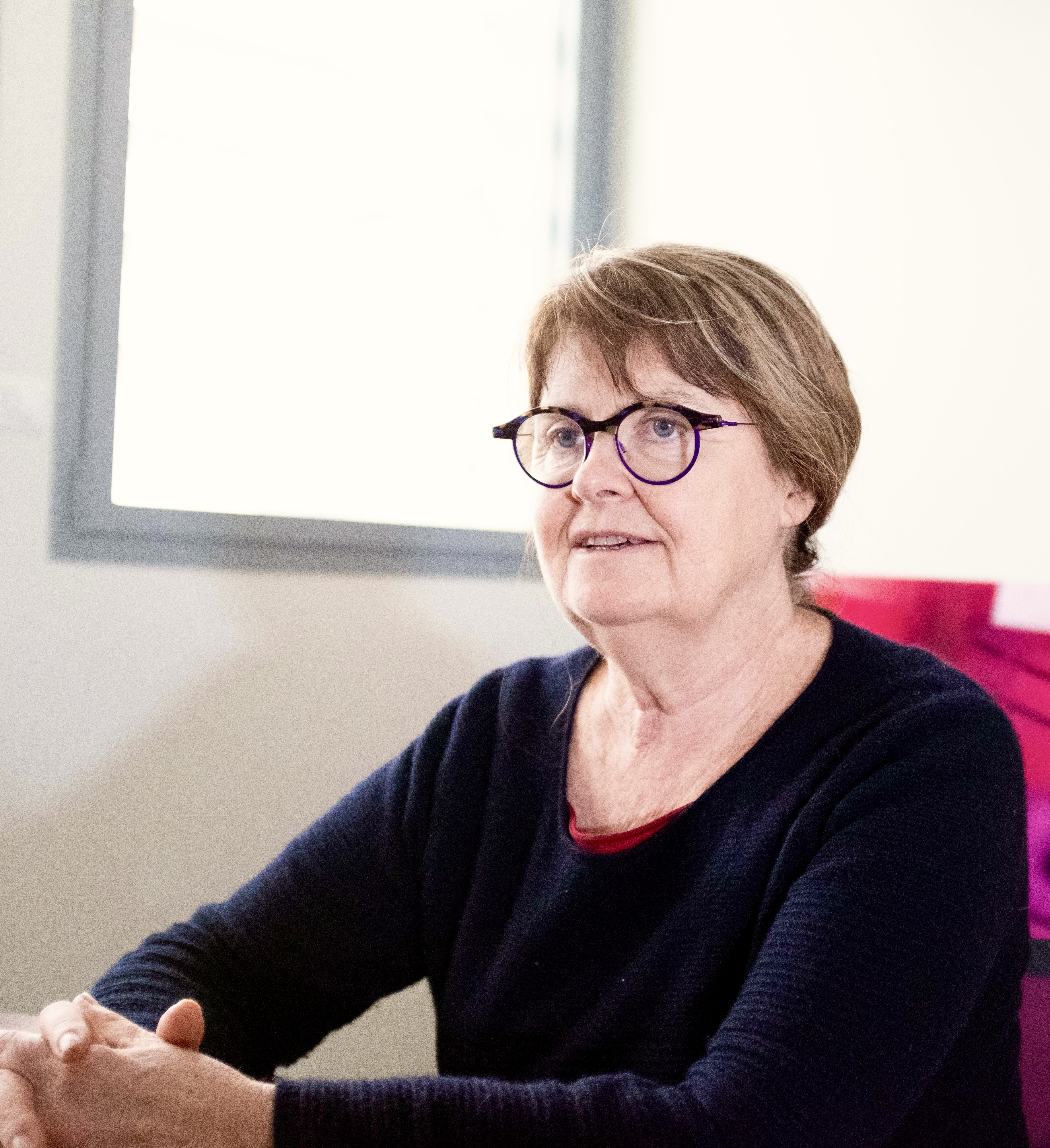
More information : What is a UNESCO Chair ?
She is supported by the University of Tours and led by Catherine Belzung. It involves experts from various disciplines (law, pedagogy, sociology, psychology, psychiatry, forensic medicine, pediatrics, and neurosciences) from the various cultural areas (North and South America, Africa, Asia, Europe) as well as NGOs, to promote a dialog between academics and civil society.
Discover the members of the Chair


